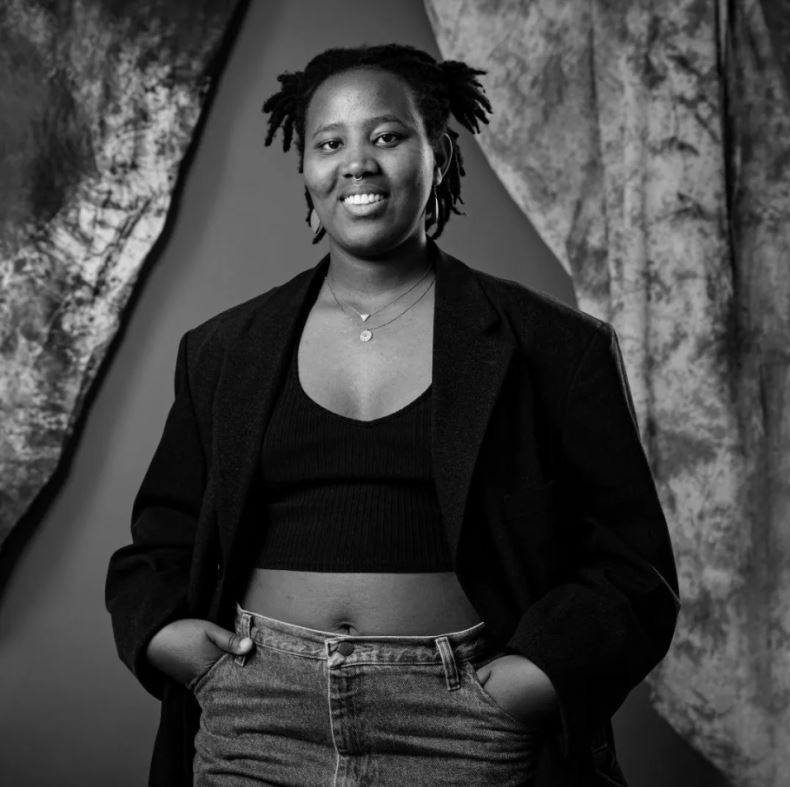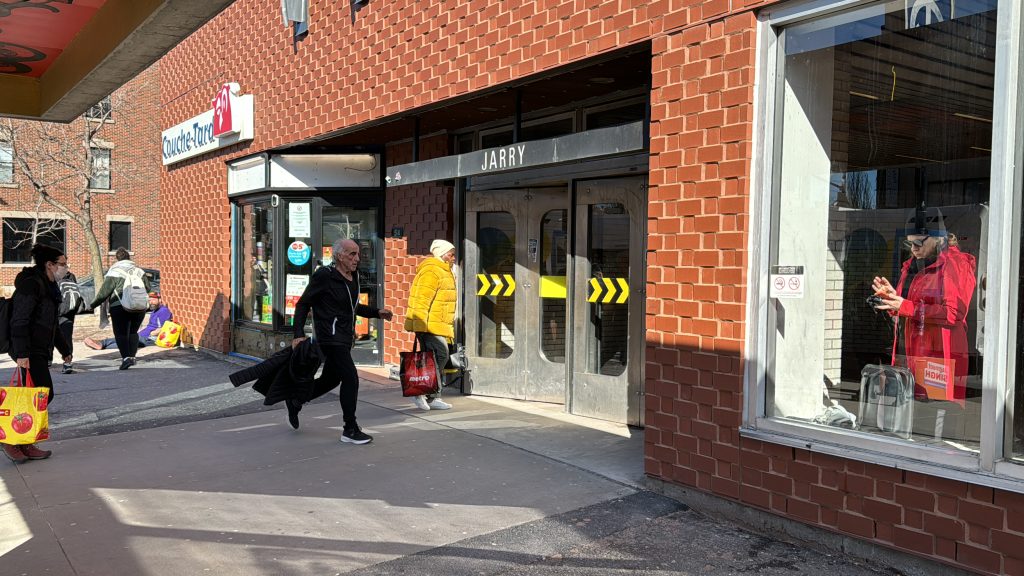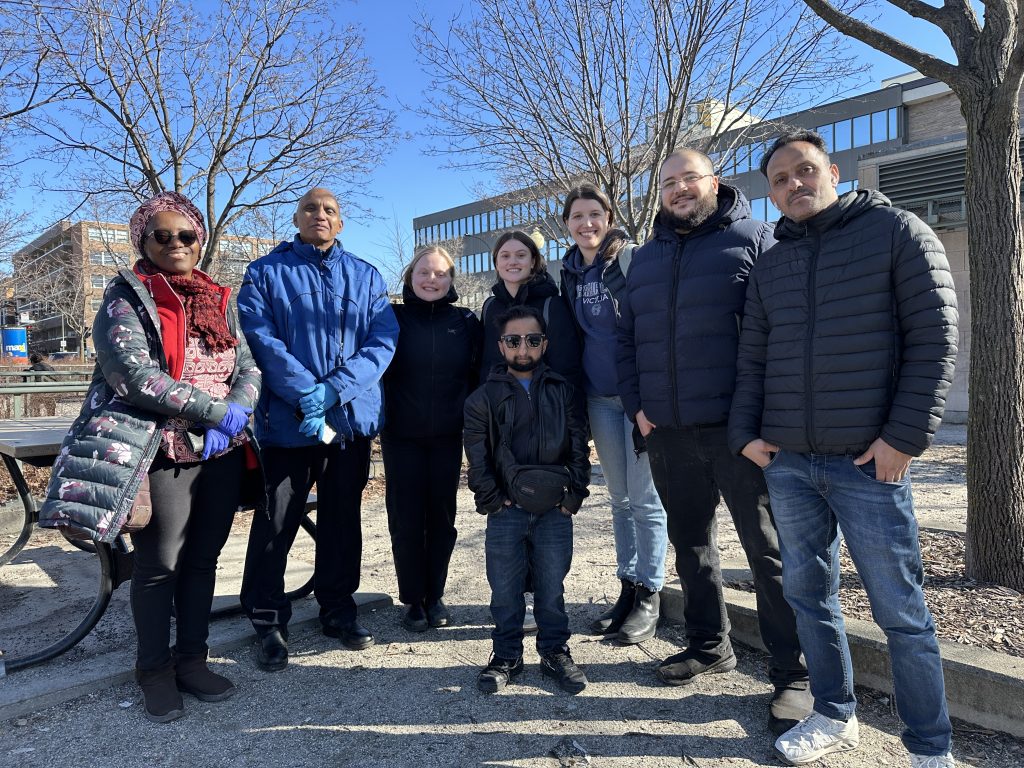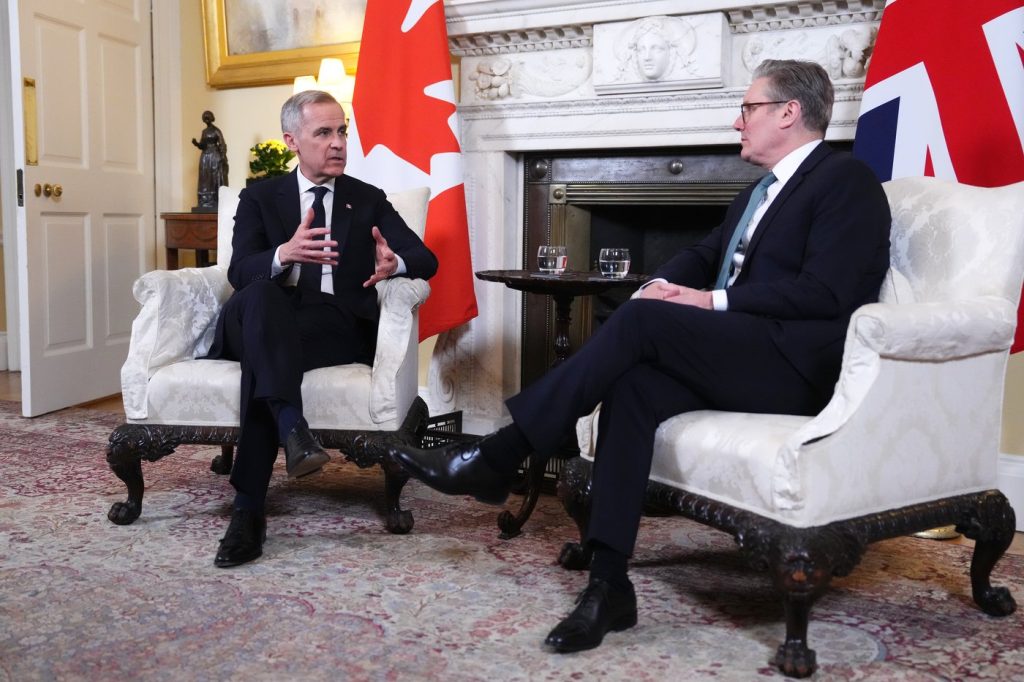Black History Month calendar: May to July laureates

Posted February 27, 2024 9:22 am.
Last Updated February 28, 2024 3:34 pm.
A classical singer, a journalist and a cultural organizer are among the 12 laureates – one for each month of the year – featured in the 2024 Black History Month calendar.
“Many Stories, One History” is the theme of the 33rd edition of Black History Month in Montreal. The calendar was created by the Round Table on Black History Month.
Frédéricka Petit-Homme
May’s laureate is Frédéricka Petit-Homme, a classical singer and choral conductor.
Years ago, Petit-Homme launched Ensemble Nigra Sum, a cultural organization that celebrates Afro-centric choral performance.
“Classical music path and this community music path,” she said. “And now they’re converging.”
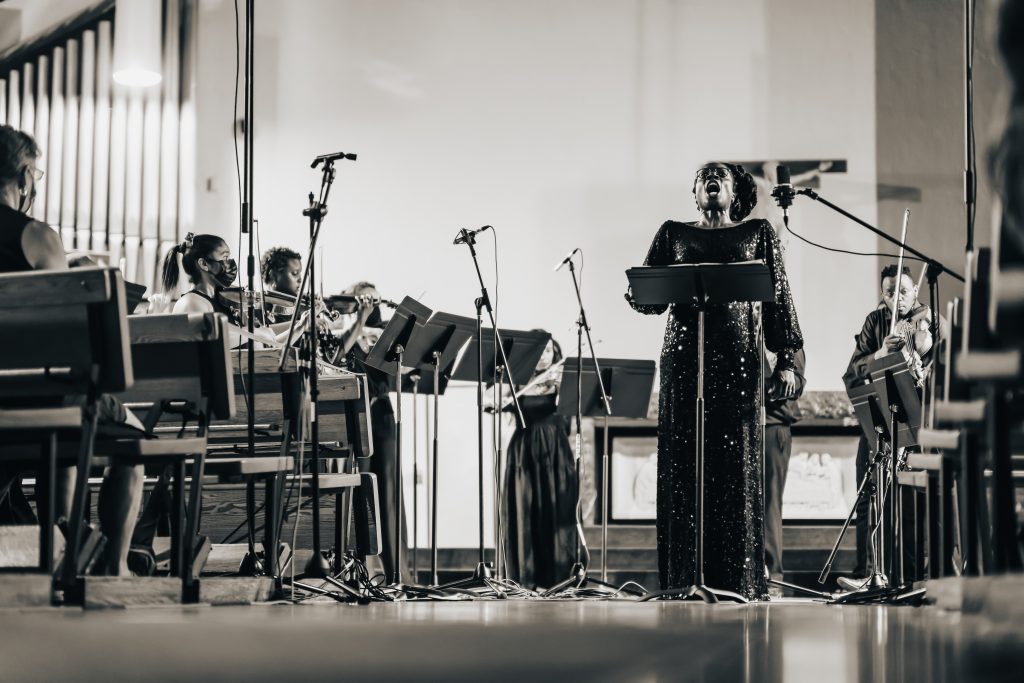
Petit-Homme’s portfolio hardly stops there. She’s been teaching at McGill University’s Schulich School of Music since 2005 and hosts Choral Concert, a national radio program.
“It’s really great to be able to still work in what I studied and to be exploring new ways of making music,” she said.
She’s now pursuing a PhD in music education.
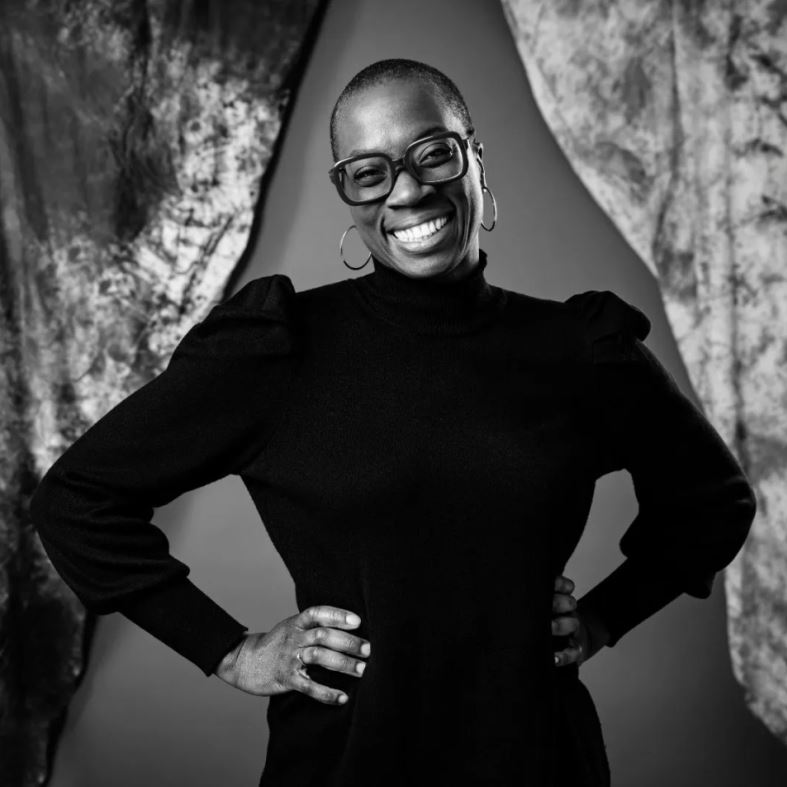
Cyrille Ekwalla
Another Montrealer creating in the community is Cyrille Ekwalla, who is highlighted in June.
Ekwalla launched the “NeoQuébec” radio show in 2015 and later created the “Institut NeoQuébec” platform.
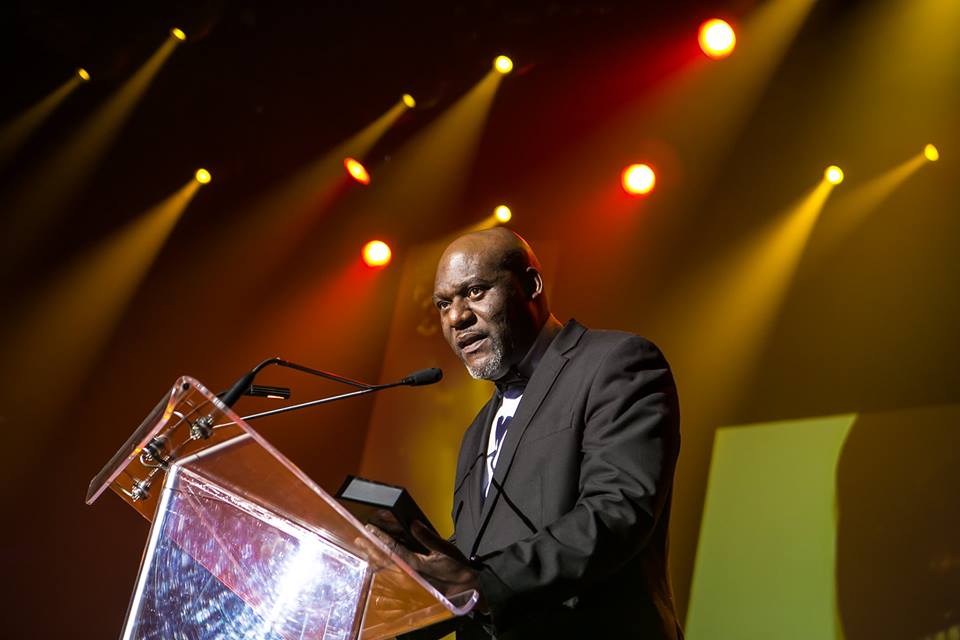
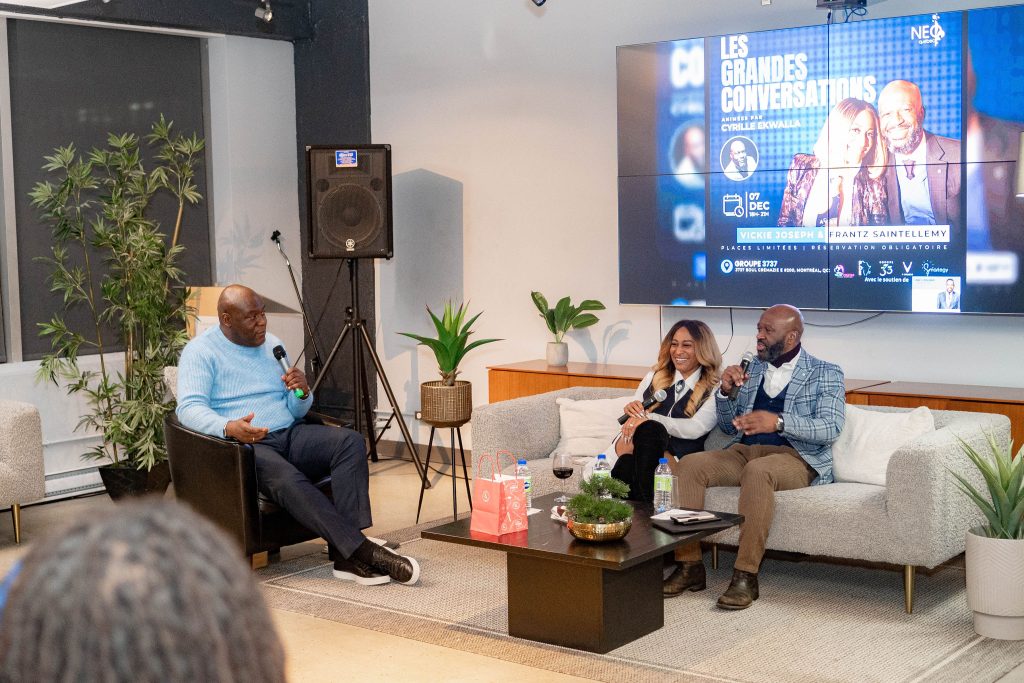
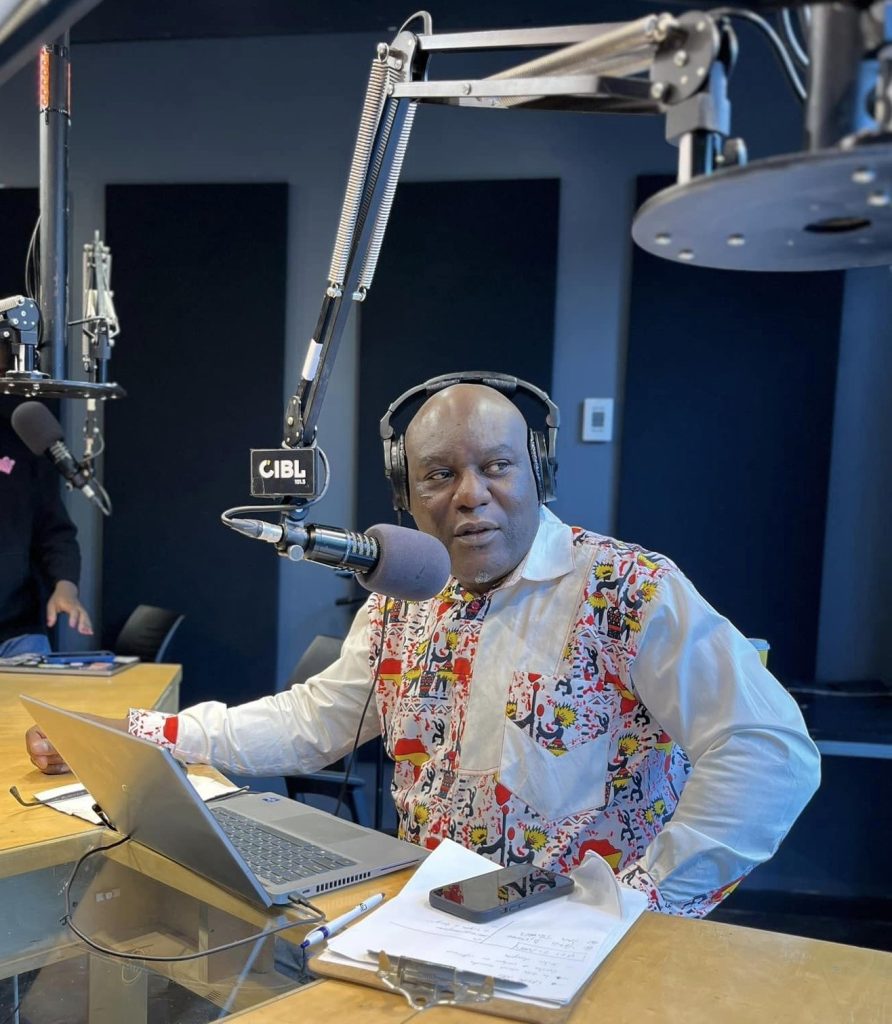
“It became a global media platform where we do radio today, we do writing and we also do video,” he said.
“I received people on the radio who told me their stories. We sometimes talked about some issues and I said to myself, but how can we go further than that? I didn’t just want to stop at the interview.”
The organization promotes racialized communities and raises awareness of inclusion issues.

Samanta Nyinawumuntu
A turn of the calendar page to July puts a spotlight on Samanta Nyinawumuntu, the founder and director of the Black Healing Centre.
“I worked in a docu series with the co-founder Katya to really talk to Black Montrealers, asking them, ‘is this a space that y’all would need? Is this a space that would be of service to your well-being?’ And everyone we interviewed was like, ‘yes, yes, this is long overdue,’” Nyinawumuntu said.
The organization provides access to free and subsidized therapy and empowers people of African and Caribbean descent to reclaim their mental and physical wellness.
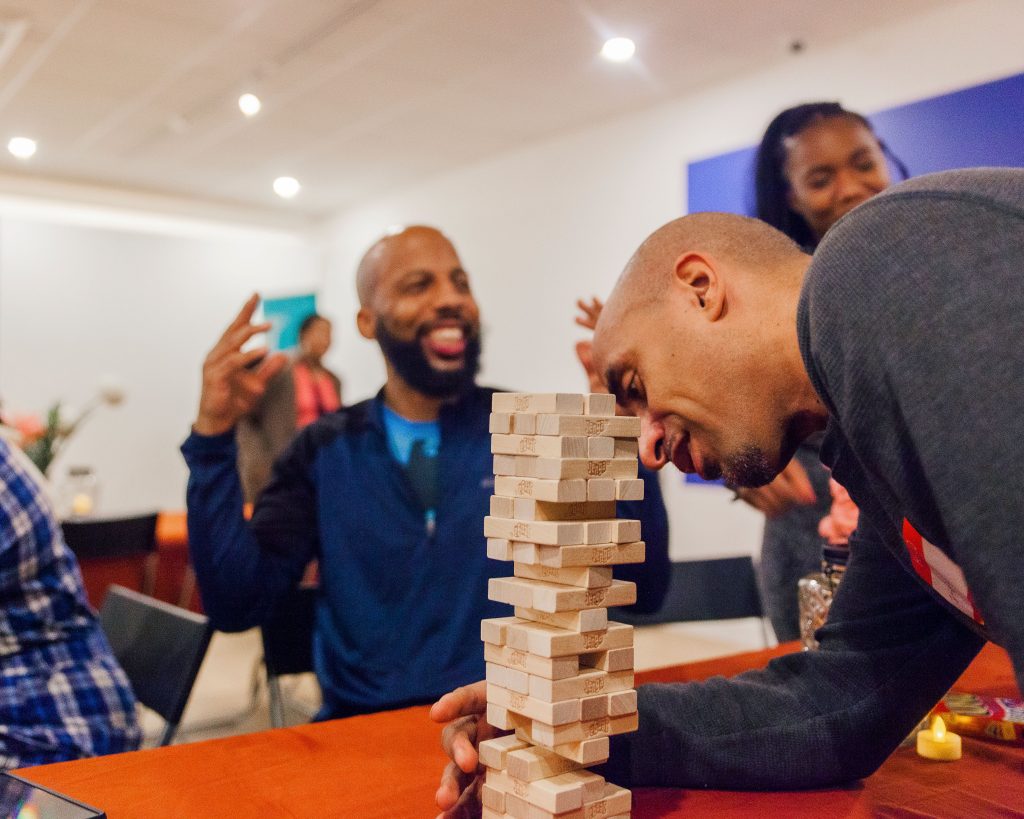
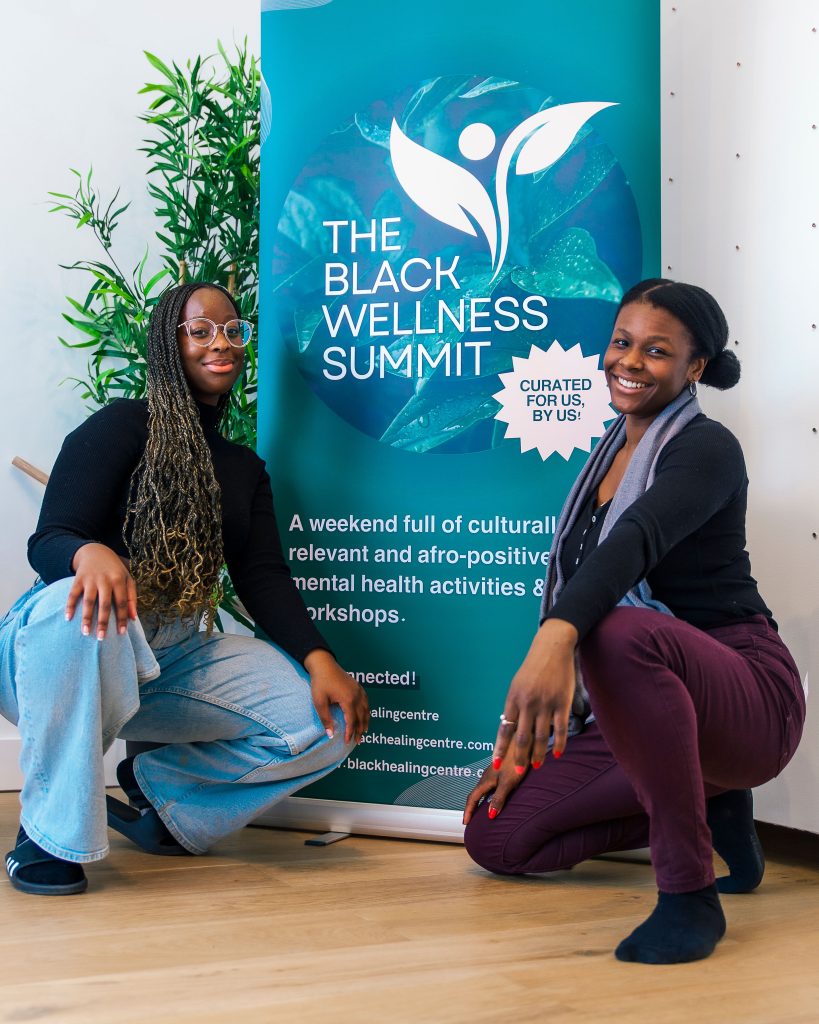
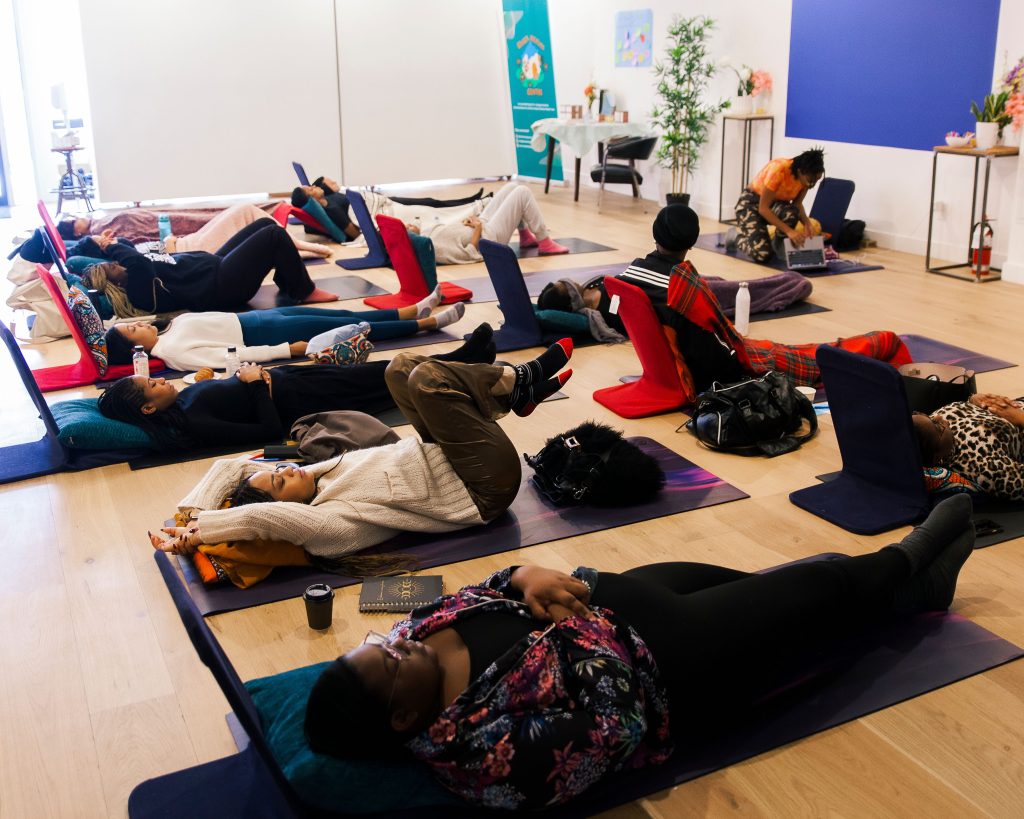
“We have a care circle for Black women, we have a care circle for queer and trans folks, and now we are opening another care circle for Black men. And so we don’t necessarily focus on one demographic, it’s really trying to serve the whole community with as much as we can.
“I find myself curating spaces that really centre belonging, especially for people who’ve been historically marginalized.”
